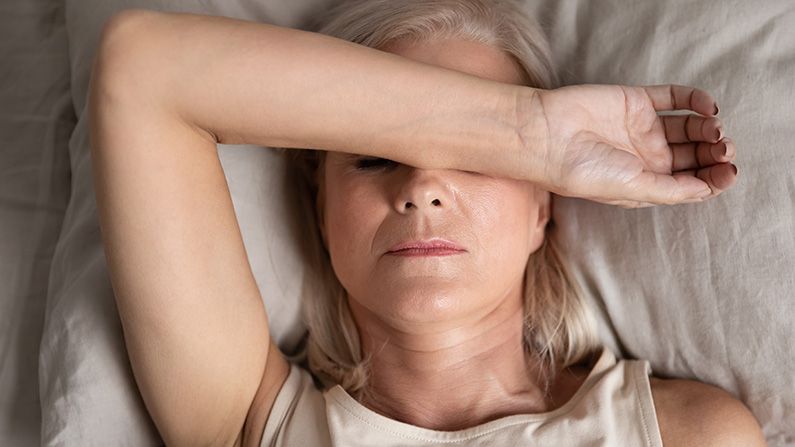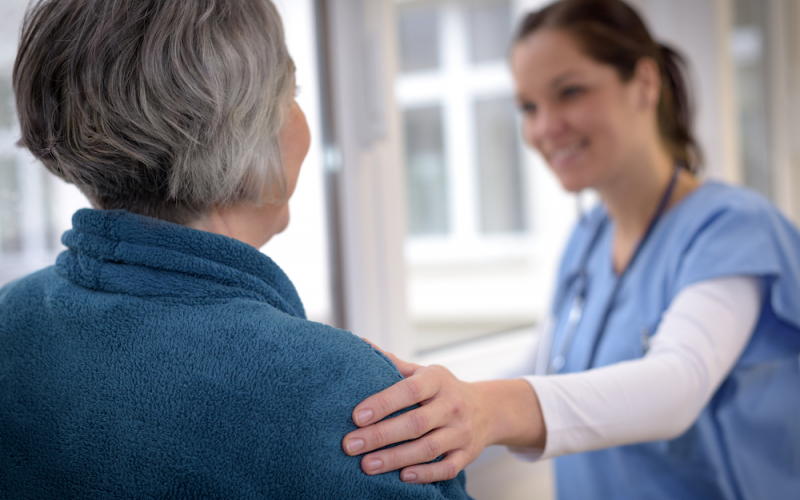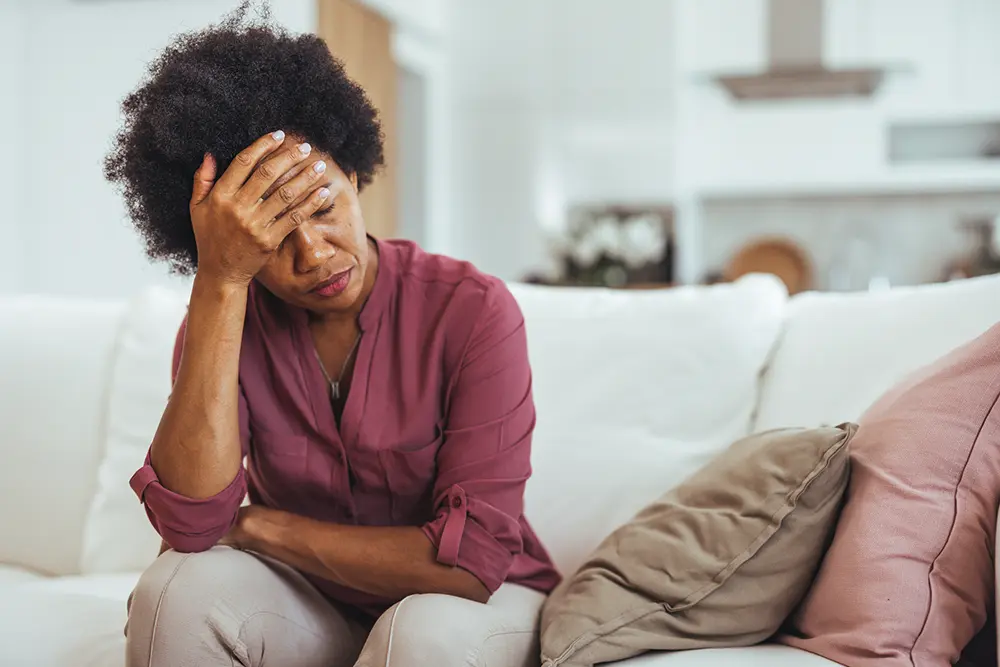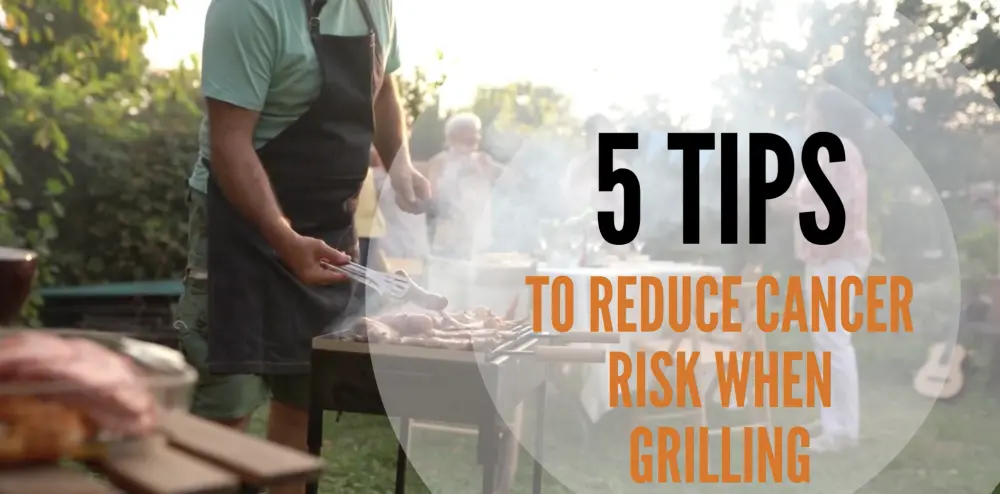Because the side effects of cancer treatment vary based on the type of treatment as well as the response to it, not all cancer patients will experience the same thing. While some may experience hair loss, others won’t. The same can be said when it comes to nausea and vomiting, as well as many other side effects. Fatigue, however, is one side effect that most cancer patients and cancer survivors do share. In fact, it’s the most common side effect of cancer treatment both during and after cancer treatment.
What is Fatigue?
For healthy people, fatigue is an extreme tiredness that can often be cured by taking a nap or getting a full night of restful sleep. For cancer patients and survivors, it’s not so easy.
When cancer patients and survivors describe feeling fatigued it goes much deeper than tired. Cancer-related fatigue usually doesn’t disappear after sleep or rest and can overtake the body differently than it does in a healthy individual. Cancer patients and survivors often describe their fatigue as feeling slow, weak, exhausted, and simply feeling a lack of physical and mental energy. Some cancer survivors experience cancer-related fatigue at some level for months or even years after their cancer treatment ends.
Is Fatigue Something to Be Concerned About?
Surviving cancer takes its toll both physically and emotionally. And compared to the other cancer-related side-effects you have endured, fatigue might be considered more of a nuisance rather than something to worry about.
However, if left untreated, fatigue can have a huge impact on your quality of life. Once cancer treatment is over, you may be anxious to get back to your pre-cancer activities— but there may be times when fatigue holds you back. Fatigue may cause you to:
- Miss work
- Avoid attending social events
- Skip exercise
- Avoid friends
- Shirk daily tasks such as cleaning your house, buying groceries, etc.
- Stay in bed longer than usual
- Experience mood changes
- Feel depressed and/or hopeless
In other words, fatigue can prevent you from enjoying the fulfilling, post-cancer lifestyle you desire and deserve.
Treating Cancer-Related Fatigue
One main cause of post-cancer fatigue is anemia (when the blood circulating through the body does not have enough healthy red blood cells). Because of this, it’s a good idea to talk with your doctor about whether or not you should get a simple blood test for anemia. If you're diagnosed with anemia, your doctor may recommend ways to treat your anemia, along with the fatigue. Treating anemia could involve:
- Altering your diet to include more iron-rich foods like leafy greens such as spinach, red meats, fish, and poultry
- Getting a blood transfusion to increase the number of red blood cells in the body
- Taking prescribed medicine that may increase the production of red blood cells in the body
In addition to treating the anemia, there are other ways to minimize the fatigue itself, including:
- Adjusting any pain medications you are taking
- Taking medication or participating in counseling to alleviate depression
- Incorporating a light exercise regimen you can tolerate despite your low energy
- Getting into a regular sleep routine which includes:
- going to bed at a set time each night
- avoiding electronic stimulation for an hour before going to sleep
- taking less daytime naps
Again, fatigue by itself is not a life-threatening effect of cancer treatment. However, it can have a negative effect on your daily quality of life. If you’re experiencing post-cancer fatigue, make sure to ask your doctor or cancer care team for help.




